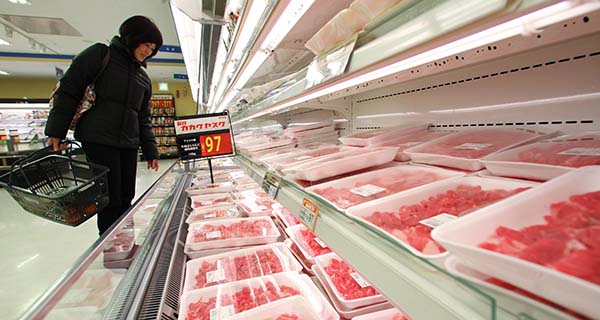
Japan lifted its long-term ban on Italian beef based on an alleged risk of Bovine Spongiform Encephalopathy (BSE). The decision on products from Italy follows an earlier opening of the Japanese market to beef products from France. Maurizio Martina, Minister of Agriculture, at the end of a bilateral meeting with the Japanese minister Hiroshi Moriyama, said: “”the export of beef (meat of cow, oxen and calf) has been prohibited for a long time but now, as per the Meat Export Policy of the government of Japan which should support bilateral commerce, it will be lifted pretty soon”. Japan agree that “it is good news that Japan continues to approve beef exports from Italy and EU Member States. We look forward to seeing Japan open its market to remaining EU Member States in the near future”. This is also an encouraging signal for those Italian companies that are interested in exporting and whose equally high level of food safety has been internationally recognised by the World Organisation for Animal Health (OIE).
ITALY, IT’S TIME TO DESIGNATE THE EXPORT STRATEGY – Japan introduced an import ban on beef from the EU in 2001, referring to a risk of Bovine Spongiform Encephalopathy (BSE). This measure went beyond the international standards set by the World Organisation for Animal Health (OIE) and did not take into account the stringent control and surveillance measures in place in the European Union guaranteeing the safety of European beef and beef products. Then exports of beef and beef products from the EU to Japan resumed in 2013. The exports from the first 4 authorised Member States were worth 4,6 million euro in the first half of 2015. For Italian beef exports to effectively resume, Italian will now need to designate the exporting establishments.
